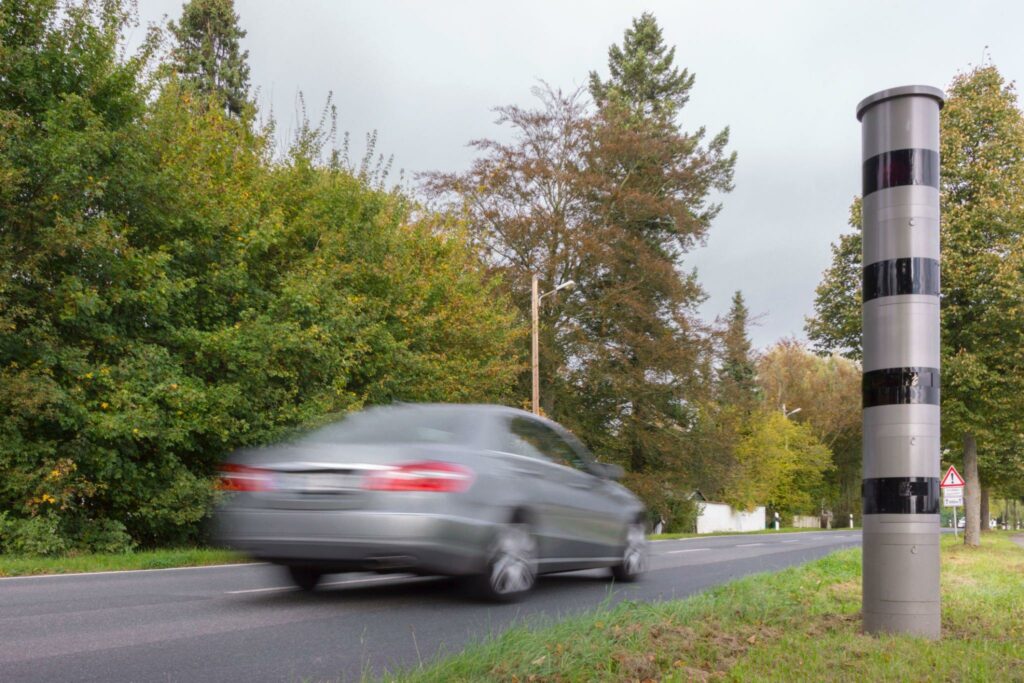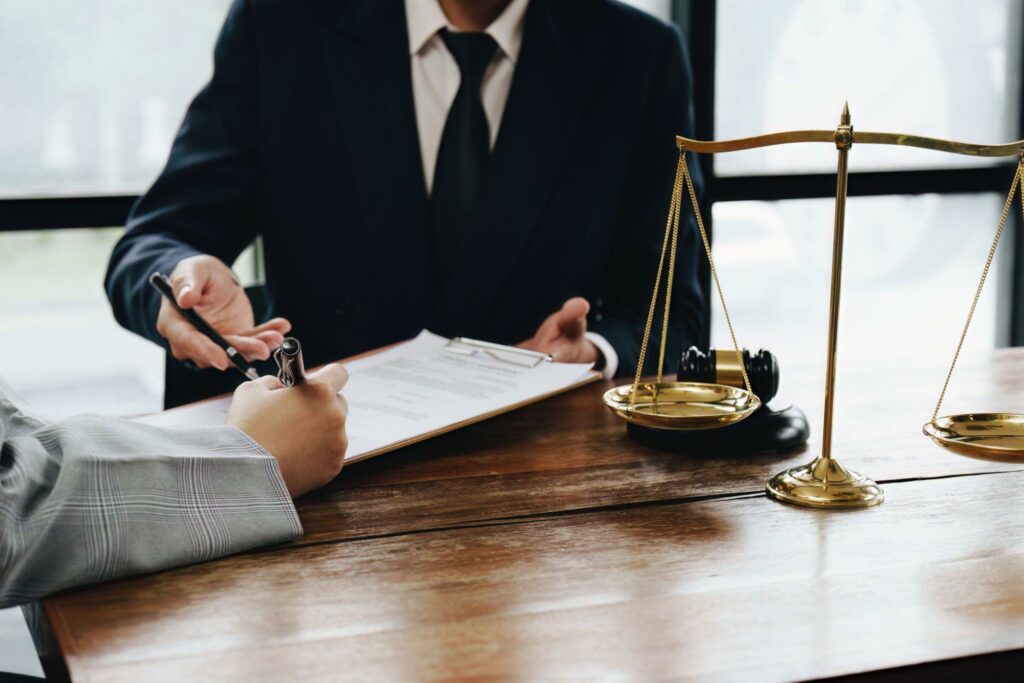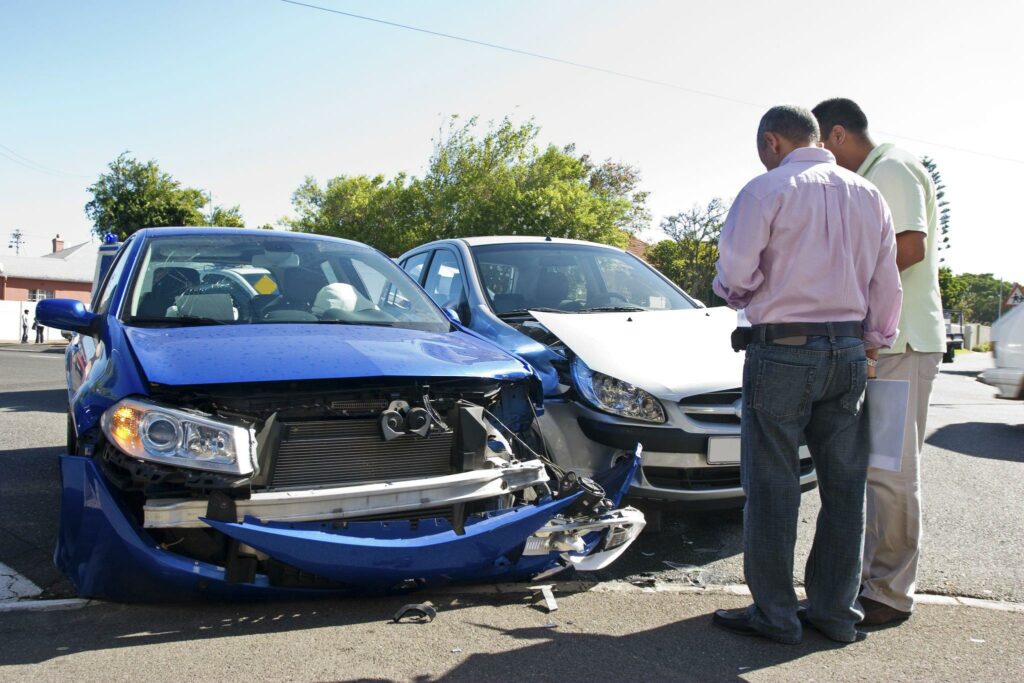What To Do After A Car Accident In Memphis, Tennessee
- Home
- What To Do After A Car Accident In Memphis, Tennessee
According to the Tennessee Department of Safety and Homeland Security, in 2020, there were 136,342 motor vehicle crashes reported in Tennessee, resulting in 57,836 injuries and 1,231 fatalities. Of these crashes, 9,163 occurred in Shelby County, which includes the city of Memphis.
Here are some additional statistics related to car accidents in Memphis:
- In 2020, there were 19,529 crashes reported in Shelby County, resulting in 6,942 injuries and 139 fatalities.
- The leading cause of accidents in Memphis is speeding, followed by distracted driving and driving under the influence.
- In 2020, there were 1,339 alcohol-related crashes reported in Shelby County, resulting in 505 injuries and 37 fatalities.
- 57% of all crashes in Shelby County occurred on city streets, while 33% occurred on highways.
- The most dangerous time to drive in Memphis is between 4pm and 6pm on weekdays, when rush hour traffic is at its peak.
- Certain intersections in Memphis are more prone to accidents than others. Some of the most dangerous intersections include Poplar Avenue and Kirby Parkway, Poplar Avenue and Ridgeway Road, and Germantown Parkway and Wolf River Boulevard.
- The city of Memphis has implemented several initiatives to reduce car accidents, including increasing traffic enforcement, improving road infrastructure, and promoting safe driving practices.
Leading causes of car accidents in Memphis, Tennessee:
- Speeding: Driving above the posted speed limit or driving too fast for road conditions can make it harder to stop in time to avoid a collision, and increases the likelihood of losing control of the vehicle.
- Distracted driving: Anything that takes a driver’s attention away from the road, such as using a phone, eating, or talking to passengers, can lead to a car accident.
- Driving under the influence of drugs or alcohol: Driving while impaired by drugs or alcohol can slow reaction time, impair judgment, and reduce coordination, making it more likely that a driver will cause an accident.
- Reckless driving: Driving in a manner that shows a disregard for the safety of others, such as weaving in and out of lanes, tailgating, or speeding excessively, can increase the risk of a collision.
- Failing to yield the right of way: Failing to yield the right of way to other vehicles or pedestrians can result in collisions, particularly in busy intersections or when making turns.
- Running red lights or stop signs: Ignoring traffic signals or signs can lead to dangerous collisions, especially in intersections.
- Unsafe lane changes: Changing lanes without signaling or checking for other vehicles can lead to collisions, particularly when driving at high speeds.
- Inexperienced drivers: Drivers who are new to driving, or who have limited experience behind the wheel, may be more likely to cause accidents due to a lack of skill or confidence.
- Poor road conditions: Roads that are poorly maintained, or that have hazards such as potholes or debris, can increase the risk of accidents.
- Vehicle malfunctions: Vehicles that are not properly maintained, or that have faulty parts such as brakes or tires, can increase the risk of accidents.
What to do right after a car accident in Tennessee
- Check for injuries: The first thing that should be done following an accident is to look for injuries among all parties involved. In the event that someone sustains an injury, dial 911 immediately.
- Go to a safe location nearby: If you are able to do so, relocate your car away from the flow of traffic and to a spot that is safe. Because of this, additional incidents will be avoided, and everyone involved will remain safe.
- Make a call to the police: It is critical to make a call to the police and report the accident, even if the collision was relatively small. They will take pictures of the incident and write up a report that you may use in the event that you need to make a claim on your insurance or go to court.
- Information should be exchanged: It is important to exchange information with the other motorist involved in the collision. This information should include names, phone numbers, addresses, and insurance information. If there are any witnesses, you should also make an effort to obtain their contact information.
- Take pictures of the scene: Take images of the accident site, being sure to capture any obvious injuries as well as any damage to the automobiles that were involved. When making a claim on an insurance policy, having these documents on hand might be helpful.
- Make sure you get in touch with your insurance company: Immediately contact your insurance provider and give them the details of the accident. They will walk you through the process of filing a claim and may also be able to assist you with towing or renting a car if necessary.
- After an accident, it is important to get checked out by a medical expert, even if you do not believe that you have been wounded. Seeking medical assistance is the best course of action to take in this situation. It’s possible that certain injuries, like whiplash, won’t manifest itself until much later.
- Talk to a lawyer: If you were hurt in the collision or if you are having difficulties collecting reimbursement from the insurance company, you might think about talking to a lawyer who specializes in vehicle accidents. They are able to provide you with guidance on your legal choices and assistance in obtaining the recompense that is rightfully yours.
Table of Contents

Why do you need to contact a lawyer when involved in a car crash in Tennessee?

1. To protect your legal rights:
An experienced attorney can help you understand your legal rights and make sure they’re protected throughout the claims process. This can include making sure you don’t say or do anything that could hurt your case, and ensuring that you don’t settle for less compensation than you deserve.

2. To investigate the accident:
A lawyer can conduct an independent investigation of the accident, which can be particularly important if there are disputes over who was at fault. They can gather evidence, interview witnesses, and work with accident reconstruction experts to build a strong case on your behalf.

3. To negotiate with insurance companies:
Insurance companies may try to pressure you into accepting a low settlement offer or may delay processing your claim. A lawyer can negotiate with the insurance company on your behalf to make sure you get the compensation you deserve.

4. To handle legal paperwork and deadlines:
There are strict deadlines and legal requirements for filing a claim in Tennessee. A lawyer can handle the legal paperwork and make sure all deadlines are met, so you don’t miss out on the compensation you’re entitled to.

5. To represent you in court:
If negotiations with the insurance company are not successful, a lawyer can represent you in court and fight for your rights. They can present evidence, argue on your behalf, and help you get the compensation you deserve.
Overall, contacting a lawyer after a car accident can help ensure that your legal rights are protected and that you receive the compensation you’re entitled to.
Key laws and statutes governing car accidents in Tennessee:
1. Negligence Laws
- Tennessee follows a fault-based system when it comes to car accidents, meaning that the person who caused the accident is responsible for any resulting damages.
- Drivers have a duty to exercise reasonable care while driving, and failure to do so can be considered negligence.
- Comparative fault laws allow for damages to be reduced based on the percentage of fault assigned to each driver involved in the accident.
2. Statute of Limitations
- In Tennessee, there is a statute of limitations on personal injury claims related to car accidents. This means that there is a limited amount of time to file a lawsuit after an accident.
- The statute of limitations for personal injury claims in Tennessee is one year from the date of the accident.
3. Insurance Requirements
- Tennessee requires all drivers to carry liability insurance with minimum limits of $25,000 for injury or death to one person, $50,000 for injury or death to two or more people, and $15,000 for property damage.
- Uninsured motorist coverage and underinsured motorist coverage are also required in Tennessee, unless the driver specifically declines the coverage in writing.
4. Seat Belt Laws
- Tennessee has a mandatory seat belt law that requires all drivers and passengers to wear seat belts while the vehicle is in motion.
- Failure to wear a seat belt can result in a fine of up to $50 for the first offense.
5. Cell Phone Laws
- Tennessee has a hands-free law that prohibits drivers from holding a cellphone or other electronic device while driving.
- Drivers are allowed to use hands-free devices, such as Bluetooth, to make calls while driving.
6. DUI Laws
- In Tennessee, it is illegal to drive with a blood alcohol concentration (BAC) of 0.08% or higher.
- Penalties for a DUI conviction can include fines, license suspension, and jail time.
7. Hit-and-Run Laws
- Leaving the scene of an accident is a crime in Tennessee, and can result in criminal charges and civil liability.
- Drivers involved in an accident are required to stop at the scene and provide their name, address, and insurance information to the other driver(s) involved in the accident.
8. Reporting Requirements
- Drivers involved in accidents resulting in injury, death, or property damage exceeding $400 are required to report the accident to law enforcement.
- Reports must be made within 20 days of the accident and can be made online or by visiting a local law enforcement agency.
It’s important to note that these are not the only laws and statutes that may apply to car accidents in Tennessee. If you’ve been involved in an accident, it’s best to consult with an experienced car accident attorney in Tennessee who can help you understand your legal rights and responsibilities.
Table of Contents
Cities We Serve in New Jersey
Newark, NJ
Jersey City, NJ
Elizabeth, NJ
East Orange, NJ
Linden, NJ
New Brunswick, NJ
Mount Laurel, NJ
Sayreville, NJ
West Orange, NJ
South Plainfield, NJ
Bergenfield, NJ
Cresskill, NJ
Demarest, NJ
Rochelle Park, NJ
Hackensack, NJ
East Orange, NJ
Fort Lee, NJ
Guttenberg, NJ
Harrison, NJ
Irvington, NJ
North Bergen, NJ
Palisades Park, NJ
Paramus, NJ
Paterson, NJ
Teaneck, NJ
Tenafly, NJ
Union City, NJ
West New York, NJ
